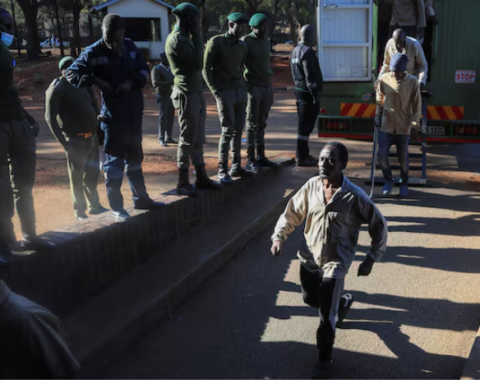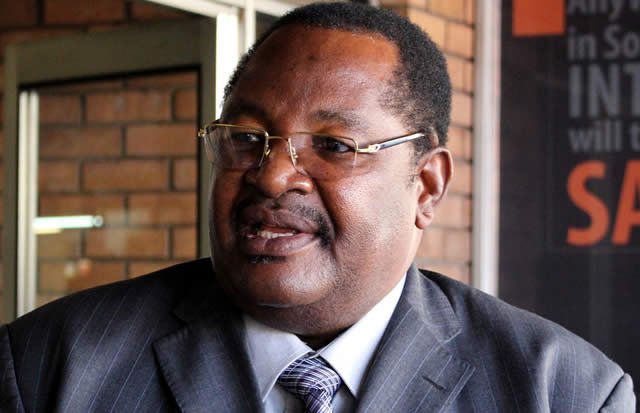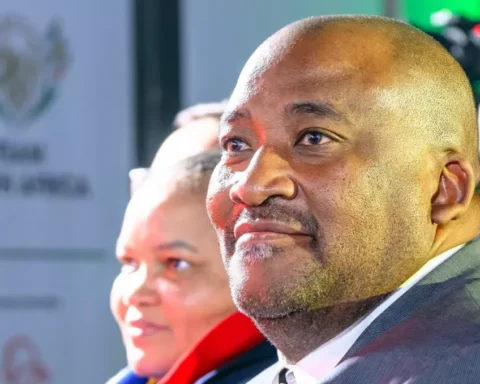Zimbabwe could be the latest country to establish its own cryptocurrency. Newly appointed says that he will push the central bank to create a virtual currency to help solve the country’s ongoing cash shortage.
Declining exports and the over-issuance of treasury bills have forced banks to impose withdrawal limits. Zimbabwe’s central bank has imported over $400m this year in an attempt to ease the cash shortage, but citizens have been forced to travel to border towns such as Musina in South Africa to access cash from international banks.
Ncube, just two weeks into the role, believes that a Zimbabwean cryptocurrency would put the country in a better position to invest.
“Zimbabwe should be investing in understanding innovations and often central banks are too slow in investing in these technologies,” said Ncube.
“But there are other countries which are moving faster. If you look at the Swiss central bank they are investing in- and understanding bitcoin.”
Switzerland has proven popular for cryptocurrencies, with 200-300 virtual currency entities opening in so-called ‘Crypto Valley’ in recent years.
“One can pay for travel using bitcoin in Switzerland,” said Ncube. “So, if these countries can see value in this and where it’s headed, we should also pay attention.”
More recently, Switzerland dropped from second to sixth place in a PwC country ranking of initial coin offering (ICO) funds raised, as the country tightened some of its regulations.
Using cryptocurrency to solve a country’s economic problems bears some resemblance to Venezuela’s creation of the petro. The South American country created the cryptocurrency to the curb hyperinflation that has plagued the country.
Venezuelan president Nicolás Maduro described the petro as a currency “that can take on Superman” in response to American sanctions placed on the country.
However, crypto purists point out that the petro is not a true cryptocurrency because it is issued by a centralised government and tied to the value of Venezuela’s oil reserves.
The introduction of the petro appears to have made little difference to Venezuela’s economic woes. The IMF predicts that the country’s inflation will hit 1,000,000% this year.
Ncube will face opposition from the Reserve Bank of Zimbabwe (RBZ), which is cautious about cryptocurrencies. The RBZ fears that virtual currencies will result in unregulated trading, money laundering or supporting terrorism.
According to Zimbabwe’s former minister of Finance and Economic Planning, Patrick Chinamasa, the country’s economy stands at “96% cashless.”
A combination of digital solutions such as EcoCash, OneMoney, TeleCash, Zipit, in addition to bank cards and the internet have mostly replaced cash transactions.
“We have innovative youngsters so the idea shouldn’t be to stop it and say don’t do this, but rather the regulators should invest in catching up with them and find ways to understand it, then you regulate it because you now understand it”, said Ncube.








